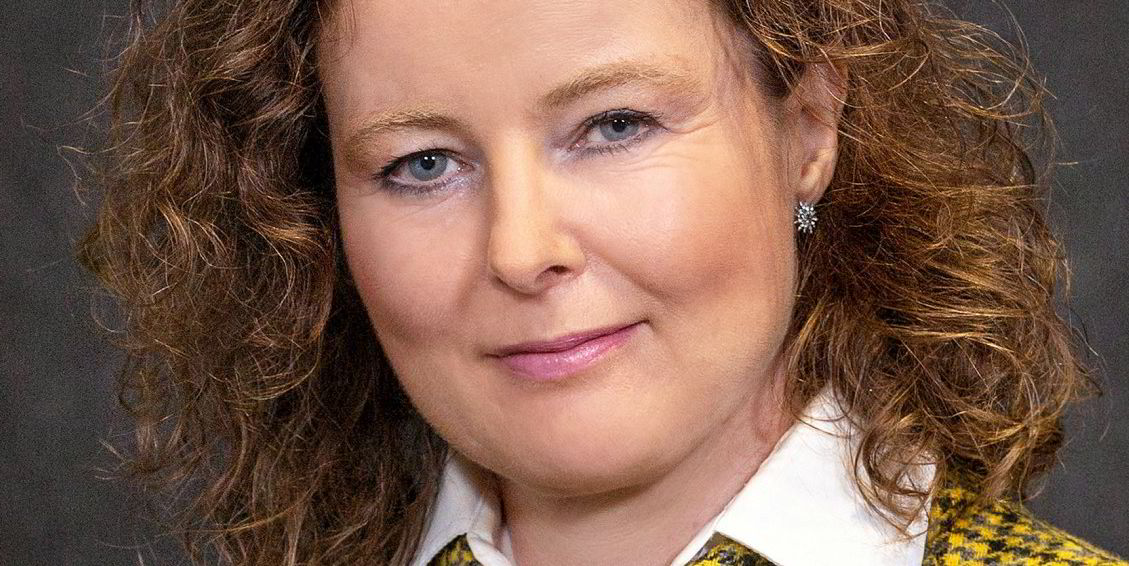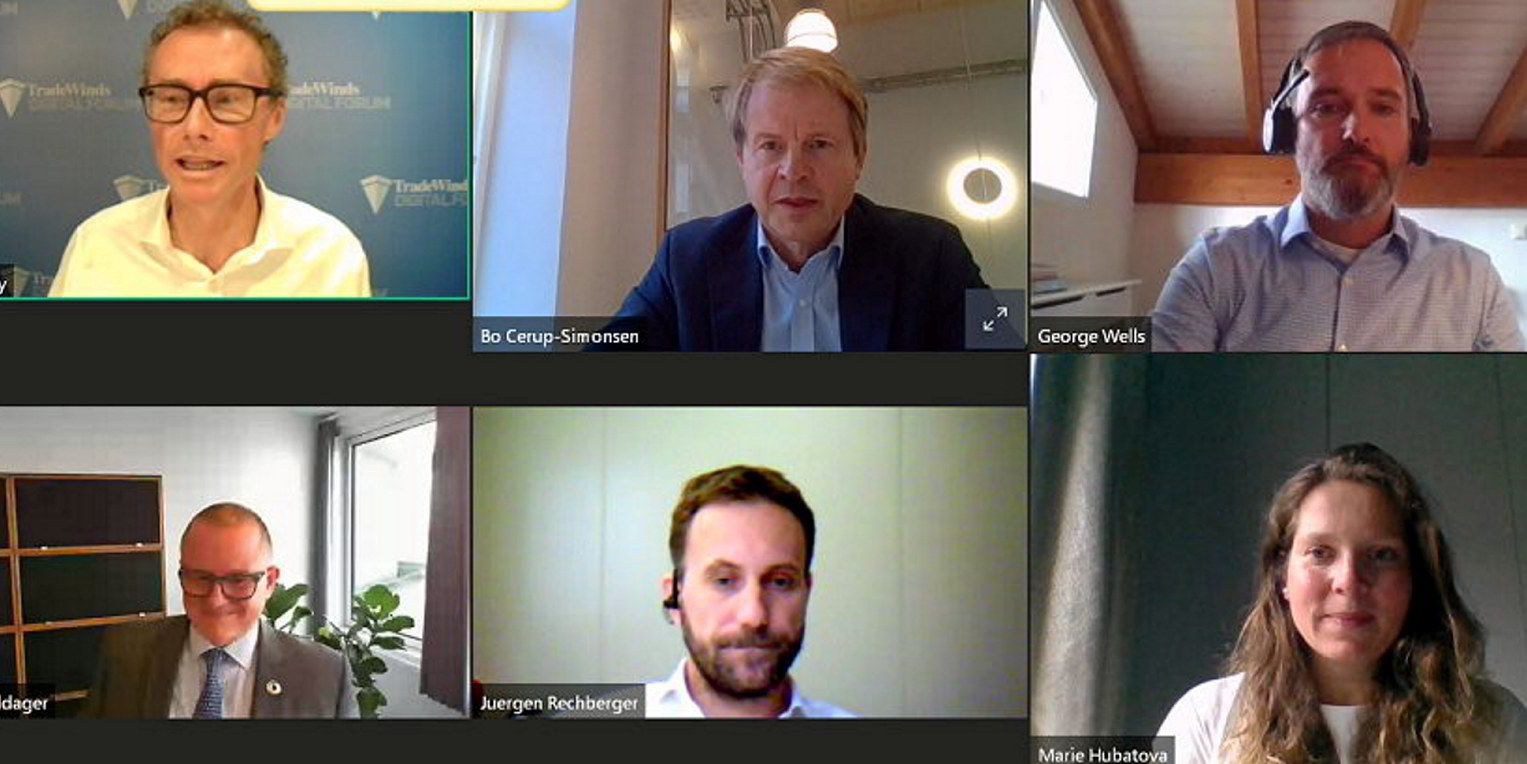This year has defied expectations for the bunker industry.
We went into 2020 dreading potential problems linked to the incoming 0.5% sulphur limit. Among the issues anticipated were operational problems on ships when changing to very low-sulphur fuel oil, as VLSFO characteristics vary widely, meaning onboard handling becomes more complex. There were also doubts about sufficient availability of low-sulphur fuels.
After a year like no other, TradeWinds asked 40 shipping industry stakeholders what they see for 2021 after a year beset by the coronavirus, and how the pandemic will shape shipping's future.
Overall, the transition to IMO 2020 was smoother than expected, even if we saw some of the anticipated teething problems. Some have compared it to the “millennium bug”, which caused a lot of panic in advance and ended up not being a big deal. I think that does our industry a huge injustice.
Without diligent planning and preparation, the transition would have been a lot more painful and a lot more could have gone wrong. The IBIA helped raise awareness of potential pitfalls and worked relentlessly to provide advice and guidance to help the bunker and shipping industry prepare, both at the IMO and through various publications and conferences.
Then came the “millennium virus”, which the world was not prepared for. It presented practical challenges for bunker deliveries and exchanges of signed documentation and samples while avoiding human interactions. The industry found ways to cope, but it has demonstrated the usefulness of technology and digital solutions to facilitate remote procedures for witnessing sampling and exchange documentation.
One of the main impacts of the Covid-19 pandemic was on demand for oil products, which combined with the failure of Opec+ to restrain oil output caused oversupply and a dramatic fall in oil prices.
Rapidly declining demand for other transport fuels freed up middle distillates for blending into the low-sulphur marine fuels pool, driving down prices. This alleviated stress on liquidity and access to sufficient credit to maintain bunkering volumes. Low-sulphur fuels cost more, so the price rise associated with IMO 2020, and the increased counterparty risk it entails, had been a major concern.
During the second quarter, low prices coincided with falling bunker demand, causing more intense competition and lower profit margins.
Going forward, rising oil prices, combined with economic damage from the pandemic, could see credit and counterparty risk become more acute again.
The pandemic caused some reduction in bunker demand and CO2 emissions, but the pressure to decarbonise will grow.
The bunker industry is well aware of this and is looking for opportunities to play its part. The IBIA will support efforts to identify the best routes by working with our members and participating in IMO meetings.





